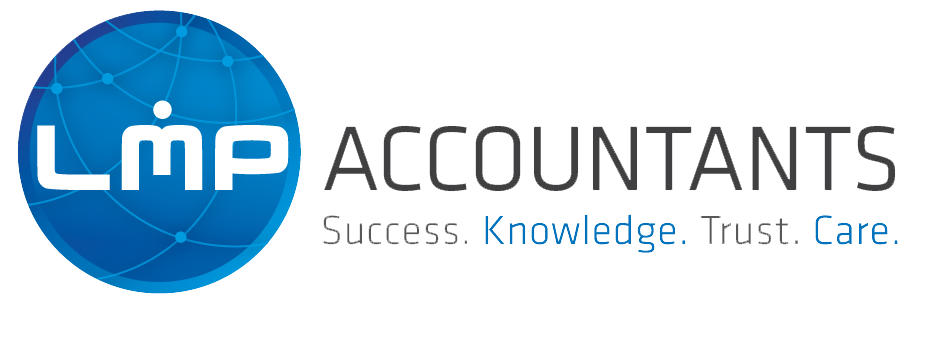So…you are thinking about getting into the property investment market, but you haven’t quite worked out what the strategy is. Everyone else is doing it so maybe I should. There are a lot of people that spruik rental property purchases but they focus heavily on the tax benefits. Is that a good reason to buy or is there something else? What does negative gearing mean and why has there been so much talk in the media about it.
Before you buy you need to work out the benefits, risks and rewards of property ownership and what the cost will be for you. Most importantly you need to work out what is best for your situation?
Positive Gearing
Positive gearing is getting more rent back from your tenants that you pay out in expenses such as interest, maintenance, rates, insurance etc.
Positive gearing or positive cash flow is regarded as a much safer and more conservative option for investors.
The main advantage of positive cash flow is that you are likely to be making a profit from day one and it will give you higher income to be able to save for your next investment – therefore building your investment portfolio.
But positive gearing can also have its disadvantages, none more obvious than if you are receiving more income, you will be paying more tax.
Negative Gearing
Negative gearing is when you pay more out on your loan and property related expenses than you get back in rent.
This is a strategy that is predicated on making a loss on the investment property, so it can seem like a risky option. However, you can deduct this loss from your taxable income.
Also, while you are making a loss on the property, hopefully its capital value is growing, meaning that as an investor you will be banking on being able to offset any loss with the potential appreciation of the property.
It is important to remember that there can still be tax implications such as capital gains tax to consider when the time to sell comes.
The tax advantages of negative gearing should not be the only reason you choose this as an investment strategy though.
The biggest disadvantage is in covering the costs of your investment property before tax time each year. And, managing an investment property at a loss can make it more difficult to add to your investment portfolio.
And, running an investment property at a loss can make you very vulnerable to interest rate rises.
Before you make a decision to negatively gear an investment property do your sums and make sure you have the means to support the ongoing out of pocket expenses.
Your expenses will need to include:
The total interest paid on the mortgage
- Rates
- Body corporate or strata fees
- Insurance
- Property management fees
- Depreciation claims
- Maintenance
Find the right property
The other key part of your strategy should be finding the right property at the right price.
Look for strong indications of capital growth in the area. Proximity to schools and amenities and features it offers to potential investors.
You can turn a negative into a positive
There are other creative ways you can increase the rental yield of your investment property – including renovations, allowing tenants to have pets or adding an extension that will allow the property to generate additional income stream.
There is help available for you to understand the implications, benefits and risks of owning an investment property. The hardest part is who can you trust:
- The bank – they make their commissions off your loans so maybe not.
- The real estate agent – they make their commissions by selling to you so maybe not.
- Your financial planner, accountant and solicitor would be a good place to start but always make sure that they don’t make a commission by pushing you into an investment.
Our advice would be to use a little bit of advice from all of the above people but make sure you understand what you are buying and what the risks are before you put you signature on paper.
Always speak to your accountant before you settle on an investment strategy.
“This information has been prepared without taking into account your objectives, financial situation or needs. Because of this, you should, before acting on this information, consider its appropriateness, having regard to your objectives, financial situation or needs”.

